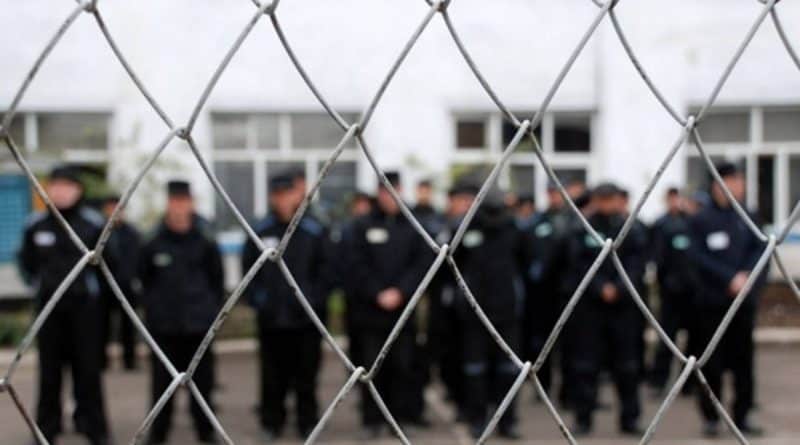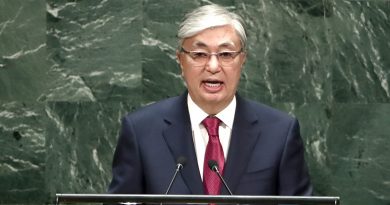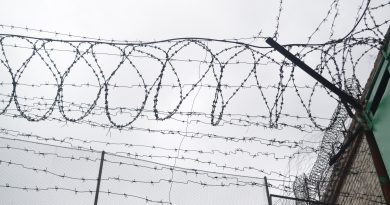Uzbekistan: about 30,000 prisoners are serving their sentences in prisons
The National News Agency of Uzbekistan reported in its publication that over the past five years there have been no escapes in penitentiary institutions that can be called prisons. It received this information from the Department for the Execution of Punishments under the Ministry of Internal Affairs.
In total, there are 54 correctional colonies in the country, of which 18 are closed, 25 correctional colonies and 11 pre-trial detention centers. More than 29,000 convicts are serving their sentences in them, including more than 7,000 in correctional colonies, and more than 22,000 convicts in other institutions. In January last year, 22,000 people were serving sentences there. If the data from open sources is reliable, then the number of prisoners in Uzbekistan has increased by 7,000.
Earlier, the Uzbek media wrote that in July 2021, a 43-year-old prisoner, serving a twenty-year sentence for intentional murder, escaped from the colony-settlement No.51. The Ministry of Internal Affairs then stated that there were no complaints against the prisoner, and he fully complied with all internal rules.
In Kazakhstan, local law enforcement officers arrested a citizen of Uzbekistan in June 2021. He escaped from the colony in 2018 and illegally crossed (by a freight train) the border with Kazakhstan in Saryagash district, where he killed a local resident.
In Jalal-Abad region in August 2020, the border guards of Kyrgyzstan detained two prisoners who had escaped from places of detention. They left the colony in Zangiata district of Tashkent region, moved to Fergana Valley and there tried to cross the Uzbek-Kyrgyz border.
Perhaps we are talking about colony-settlement No.42. Activists from the initiative group “Open line” visited there in July 2021 and talked about the difficult life in the colony. The leader of the group, Tatyana Dovlatova, wasn’t surprised by the escape on the eve of the activists’ visit on June 16.
“You can imagine from what hopelessness a person decided to make a “spurt” with a close prospect of release,” the human rights activist noted.




